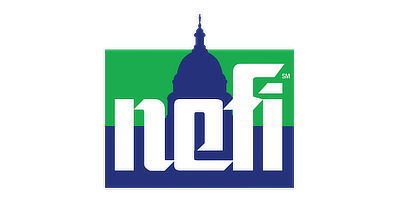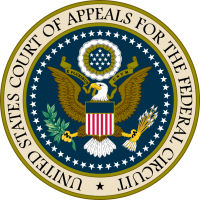On Friday evening of last week, the U.S. Court of Appeals for the Federal Circuit issued a 7-4 decision upholding the U.S. Court of International Trade's finding that tariffs imposed by President Trump under the International Emergency Economic Powers Act (IEEPA) were not authorized by the statute.
Despite the decision, IEEPA-related tariffs remain in place for now. The Federal Circuit withheld issuance of its mandate until October 14 to allow the government to file a petition for certiorari (cert) with the Supreme Court of the United States (SCOTUS), a formal request asking it to review the case. If the government seeks review – which is almost certain to take place – the mandate will be stayed until the SCOTUS either denies the cert or issues a judgment, effectively keeping the tariffs in force during the appeals process.
The appeals court affirmed the lower court's judgement that the tariff orders are invalid, but it canceled the order that would have stopped the government from enforcing them. Instead, it told the lower court to take another look at whether an injunction is appropriate, based on Trump v. Casa, which questions broad, nationwide injunctions. However, that review won't happen until after the SCOTUS decides this case.
If the Supreme Court ultimately agrees that the tariffs were unlawful, businesses that paid billions in duties may seek refunds, raising complex logistical and legal challenges. For now, the decision injects fresh uncertainty into U.S. trade policy and sets up a high-stakes showdown at the nation's highest court.

 Admin - 02:00 pm -
September 03rd, 2025
Admin - 02:00 pm -
September 03rd, 2025 







